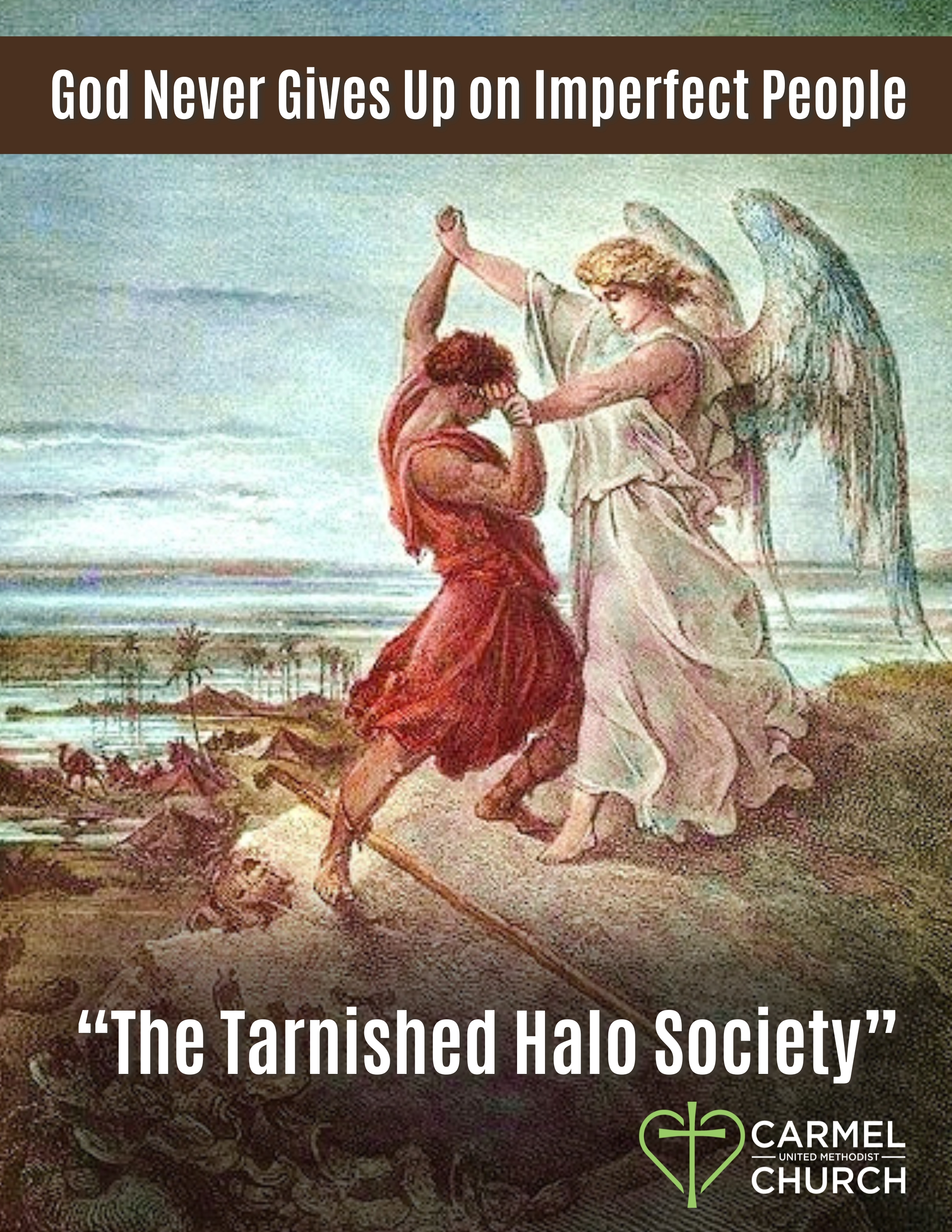

Understanding God's Unconditional Love
Sunday, I talked about how Jacob was someone who couldn’t take "Yes" for an answer. The question that came out of that observation, which we didn’t have time to talk about it in the sermon, is this: Why do we insist on earning and deserving what is freely given us?
The best I can figure, is that I want to earn and deserve and create my own opportunities because when I do that, it allows me to beg, borrow, and steal as I try to manipulate the world around me to work toward my greater good. I become the arbiter of what I should and should not be doing, rather than God.
God offers this incredible promise to Jacob. It is unconditional, it lays out some real personal benefits, and it even has a decidedly altruistic purpose—Jacob and his descendants will bless all the other people of the world.
But rather than taking what God is offering, Jacob wants to renegotiate those blessings. Jacob wants a guarantee that if he isn’t happy with what God is giving him, and when God is giving it to him, then he should be able to opt out.
Deep down I think we just don’t believe, truly believe, that anyone could, or would, give us so much grace without us first having to jump through hoops. I heard a wise man say that the only question which will ultimately matter in the end, is whether or not we can get our minds and hearts around the truth that we are loved completely by God through Jesus. And there is real wisdom in that. I think we try to earn and deserve what God wants to freely give us because we don’t believe that the world works that way. We don’t believe that love works that way. We’ve been so conditioned to IF you do this, THEN I’ll do that - that we don’t have a frame of reference to understand unconditional love.
If you want something to chew on this week, then let it be this: Can you get used to the idea that you are loved because you are God’s child? There is no other reason than that. Can you accept the acceptance God offers in Jesus? Can you receive forgiveness that you did nothing to deserve? Are you open to being loved for who you are rather than what you’ve done lately?
If we can’t begin to say "Yes" to these things, then it will be awfully hard to go on to become the women and men God created us to be. It will be close to impossible to become more like Jesus without them.

Archived Posts
What Jacob Marley Would Do,
If He Could Do It…
I thought about using the following for a benediction—since Jacob Marley was warning Scrooge about the danger of loving money and what it could buy. Ends up with the Cantata and everything else going on, I didn’t have the time. So here is what you might have heard if the sermon itself was 5 minutes shorter!
A Confirming Word on Old King Herod
I just want to echo what Rick said in his fine sermon yesterday (Nov. 23). Herod was a ruthless tyrant and skilled politician. When the Magi don’t report back to him, he decides to kill all the male children of Bethlehem under the age of 2. That’s one paranoid dude.
Power Without Conscience?
I ran out of room for this vignette in Sunday’s sermon. Remember the quote that could be the headline for Ahab and Naboth: “All that’s needed for evil to triumph is for good people to do nothing.” The following reinforces that truth.
The Cars Are Looking for A King
I don’t have a thing to add to Pastor Jessica’s excellent sermon this last Sunday. The fable/parable she shared has been one of my favorites for all the lessons she pulled from it in her message. I was playing around with my friend Chat GPT and after several abortive attempts, we came up with the following modernized version of Judges 9:7-15.
The Lost Benediction
Depending on the length of the sermon, I try to add a little something extra in my benedictions. This week I wrote up a benediction but then realized we’d be singing and waving our umbrellas to some New Orleans jazz.
Change of Focus This Week
Instead of sharing with you about yesterday’s sermon I’d like to invite you to do some background reading for next Sunday’s “Only Murders in the Bible.” Seeing that it is All Saints Day this Sunday, we are going to look at the very first Christian martyr, Stephen.
You Might Be Thinking It’s All About You If…
In working on Sunday’s sermon I asked my computer’s AI if she/he could come up with a few suggestions in answer to the above: "You Might be thinking it’s all about you, if…."
